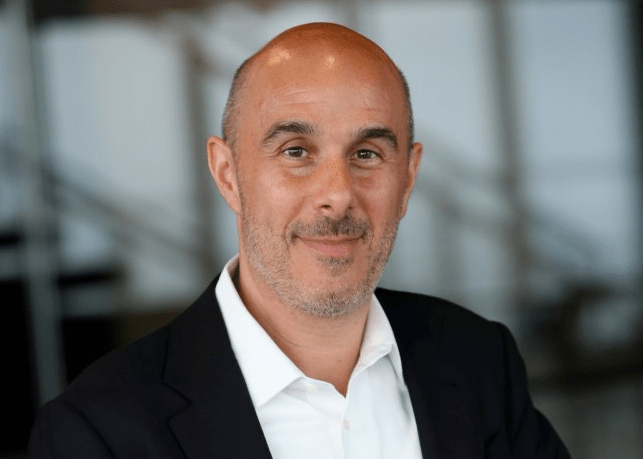In the wake of the protests for racial justice that followed the death of George Floyd last summer, corporate leaders made some bold promises to help build a more equitable society by renewing and reinvigorating their commitment to equality, diversity, and inclusiveness in the workplace. With all the tumult of recent months—a pandemic still raging, an economy still reeling, and a new President just inaugurated—it may seem all too easy to defer those promises.
But now is the time for corporations to demonstrate their commitment for a better future by building a more diverse and equitable workforce.
Building a culturally inclusive workforce is not just an absolute social good, it is also a business imperative. Quite simply, companies are more successful when they look like the communities they seek to serve. Evidence bears this out: Last year McKinsey researchers reported that the most ethnically and culturally diverse American companies significantly outperformed their least diverse counterparts.
We know that many large organizations have had robust diversity and inclusion programs for years, but the results have often been disappointing, and professionals of color remain significantly underrepresented in the nation’s corporate ranks. The problem may only worsen because of the crushing effects of the pandemic. Recently released data from the National Student Clearing House Research Center tells us that first-year college enrollment is down nearly 20% nationwide for Black and Hispanic students. If we do not show these young minds there are real paths for them through education into high-wage careers, we run the risk of failing yet another generation of talented young people.
For corporate leaders seeking to build a diverse workforce, the challenges can seem almost insurmountable. But based on our own experiences as leaders of Ally Financial and the Thurgood Marshall College Fund, we know that the obstacles to identifying, recruiting, and nurturing interested and qualified people of color can be overcome—if employers make a commitment to go beyond business as usual.
Workforce experts tell us that to achieve a truly diverse workforce, we must address implicit bias and cast a wider recruiting net that extends beyond the bounds of existing, often insular, business and professional networks. Within this broader goal, there’s a crucial task that is far too often overlooked: building the critical school-to-work pipeline.
For young Black, Latino, and Native American students, effective pipeline programs crucially serve to increase their awareness of the range of possible careers that suit their skills and passions. For employers, these pipelines offer access to an expanded and more diverse pool of talented and ambitious young people.
In 2019, our two organizations joined forces with Detroit’s Big Sean and his Sean Anderson Foundation to create the Moguls in the Making competition with the goal of identifying and supporting a rising generation of Black business leaders. The competition brought 50 students from 10 historically Black colleges and universities (HBCUs) and predominantly Black institutions (PBIs) to Detroit for a weekend to work in teams to develop business ideas and then pitch them to a panel of successful entrepreneurs and business leaders.
This is just one way that organizations can help build the talent pipeline for people from underrepresented groups. Other ways include creating mentor-mentee relationships with local colleges and universities, connecting with community groups focused on underrepresented groups, and incorporating unconscious-bias training in the recruiting and interviewing process.
Of course, institutional efforts to fix systemic inequality succeed only when individuals within those institutions commit themselves to pursue positive change. We call on corporate leaders across America to seize this moment, to pursue creative ideas and foster meaningful partnerships, and to recommit themselves and their organizations to realizing the full promise of a diverse and inclusive workforce.
Jeffrey J. Brown is the chief executive officer of Ally Financial.
Harry L. Williams is the president and chief executive officer of the Thurgood Marshall College Fund.
Subscribe to Fortune Daily to get essential business stories straight to your inbox each morning.












